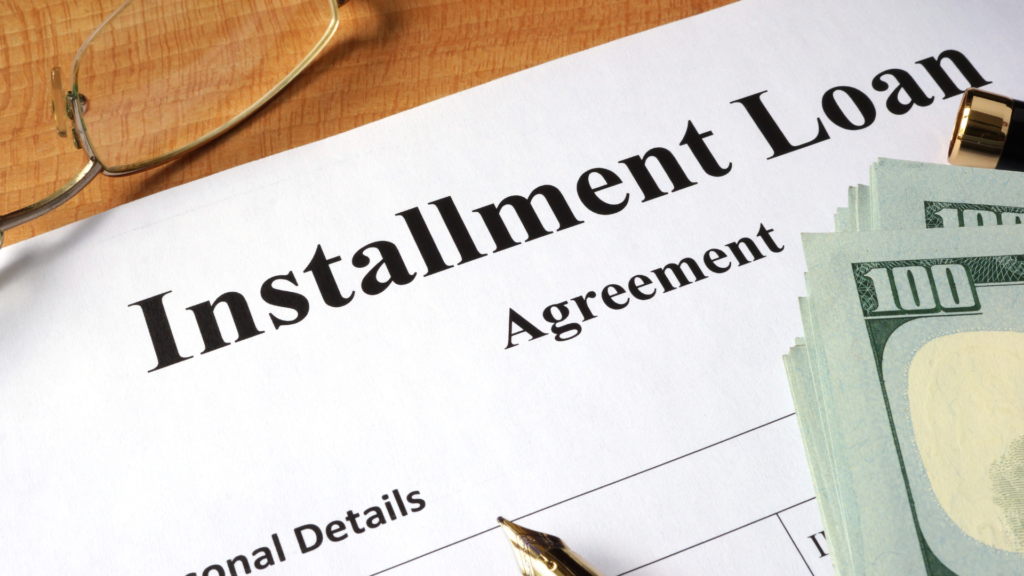For most of us, buying a home or investing in real estate involves more than just finding the perfect property and signing a contract. There are legalities, taxes, regulations, and other financial matters to consider when making an investment. In this article, we’ll take a closer look at some of the key issues associated with real estate ownership, taxation, and investing to help guide your decisions.
What Is Real Estate?
There are many different types of real estate, each with its own unique characteristics and benefits. But what exactly is real estate?
Real estate is any land or property that is used for commercial or residential purposes. This includes both the physical structure of the property as well as any natural resources that come with it, such as water, minerals, or plants. Real estate can be bought, sold, leased, or rented and can be used for a variety of purposes, including investment, development, or simply as a place to live or work.
There are a few key things to keep in mind when thinking about real estate. First, real estate is a tangible asset – it’s something you can see and touch. This makes it a valuable commodity and an excellent investment. Second, real estate is subject to taxation by the government – so it’s important to understand the tax implications before making any decisions. Finally, real estate can be a complex investment – there are many different factors to consider before making any decisions.
If you’re thinking about buying or selling real estate, or if you’re just curious about what it’s all about, we encourage you to explore the issues of ownership, taxation, and investment further. We hope this article has given you a better understanding of what real estate is and how it works.
Investment Issues
There are a number of investment issues to consider when it comes to real estate. These include ownership, taxation, and investment.
- Ownership: When you acquire a property, whether through platforms like https://lowcountryrealestate.com/properties/sale or similar avenues, you assume ownership of that asset. This ownership can either prove advantageous or challenging, depending on your individual circumstances. If your intention is to retain the property for an extended period, ownership can be highly beneficial. However, if your goal is to swiftly sell the property, ownership may present itself as a burden.
- Taxation: Another issue to consider is taxation. When you own a property, you’re responsible for paying taxes on that asset. This can be a significant expense, so it’s important to factor this into your decision-making process.
- Investment: Finally, you need to think about your investment goals. Are you looking to generate income from the property? Or are you simply hoping to appreciate the value of the asset over time? These are important questions to answer before making any decisions about purchasing real estate.
Tips For Buying Real Estate
When purchasing real estate, whether it’s a newly constructed home or an empty plot, it’s crucial to consider several factors. Here are some tips to guide you through the process:
- Know your budget. This is one of the most important things to consider when purchasing real estate. You need to be realistic about what you can afford and ensure to factor in additional costs like repairs, renovations, and property taxes. Look for builders on websites like lambiehomes.com who fit well within your budget and understand your requirements if you’re planning on building the house from scratch.
- Do your research. It’s important to learn as much as you can about the different types of real estate before making a purchase. You should also be familiar with the area where you’re looking to buy and pay attention to factors such as crime rates and the quality of schools in the neighborhood. For example, you can explore new homes near Fenwick Island (if that’s an area you’re interested in) on online platforms to gain insight into current market trends, property values, and available amenities. Additionally, consider consulting with local real estate agents or attending open houses to further familiarize yourself with the area and its offerings.
- Get help from a professional. Unless you’re an experienced investor, it’s a good idea to seek out the help of a real estate agent or broker. They can offer valuable insights and guidance throughout the purchase process.
- Be prepared for negotiations. When it comes to buying real estate, there’s often room for negotiation on price and terms. If you’re not comfortable negotiating yourself, enlist the help of a professional who can do it on your behalf.
- Have realistic expectations. It’s important to remember that buying real estate is a long-term investment, and it may take time to see any return on your investment. Don’t expect to make a quick profit, and be prepared for some bumps along the way.
Pros And Cons Of Investing In Real Estate
There are many pros and cons of investing in real estate. Some people feel that real estate is a solid investment that will appreciate over time, while others believe that it is a risky investment with the potential for high losses. Here are some of the pros and cons of investing in real estate:
Pros:
- Putting your money into good properties from trusted companies like Hyde Homes can be a smart move. Not only can you earn a steady income from renting them out, but the value of the home can also go up over time, making it a solid investment.
- Real estate has historically appreciated at a rate higher than inflation, so it can be a good long-term investment.
- Real estate can be a relatively low-risk investment if you carefully select your properties and manage them well.
Cons:
- The up-front costs of buying a property (e.g., down payment, closing costs, renovations) can be significant.
- It can be difficult to find good tenants who will pay their rent on time and take care of your property.
- You may have to deal with problem tenants who damage your property or don’t pay their rent.
Alternatives To Investing In Real Estate
There are many alternatives to investing in real estate. Some people invest in stocks, bonds, and other financial instruments. Others invest in businesses or start their own businesses. And still, others choose to invest in real estate investment trusts (REITs) or other types of investment vehicles.
Each of these alternatives has its own set of pros and cons. For example, stocks and bonds are typically less risky than investing in real estate, but they also tend to provide lower returns. Businesses can be very profitable, but they can also be very risky. And REITs offer the potential for high returns, but they can also be volatile.
So, which is the best alternative for you? It depends on your goals, risk tolerance, and time horizon. If you’re looking for a safe investment with relatively low returns, stocks and bonds may be a good choice. If you’re willing to take on more risk for the chance of higher returns, investing in a business or starting your own business may be a better option. And if you’re looking for an investment with potentially high returns that can be somewhat volatile, REITs may be worth considering.
From this article, we have explored the issues of ownership, taxation, and investment in real estate. We looked at how property owners can make wise investments while avoiding costly taxes and fees. We also discussed the importance of understanding local laws when purchasing or selling a home. Finally, we identified several sources to help investors stay informed on current market trends as well as financial advice for anyone interested in entering the real estate market. With some research and knowledge, homeownership can be an exciting venture with profitable returns!






